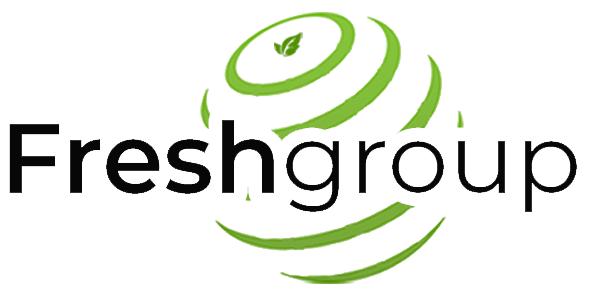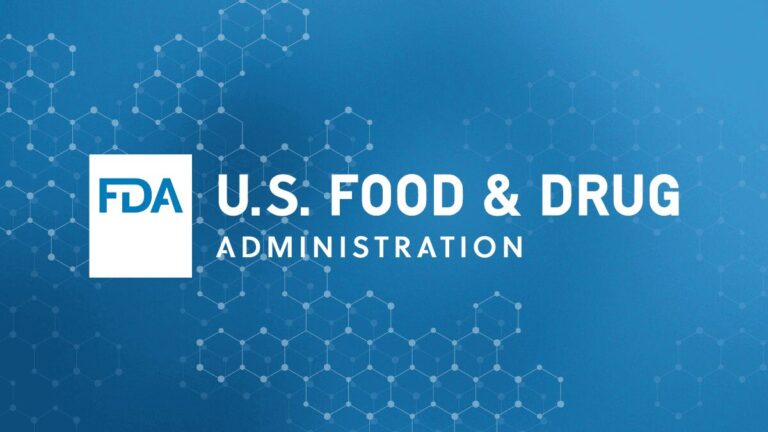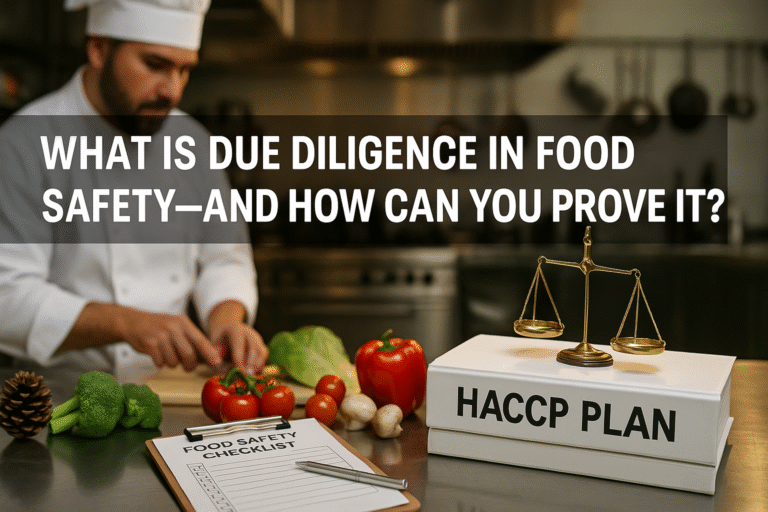In a food facility, one of the points of concern is waste management; apart from the environmental sustainability aspect of managing your waste, improper waste handling and disposal can significantly affect your food facility’s hygiene and the safety of the food you produce. Waste generation is part of food processing, so you must have a strategic design for managing waste in your food facility.
As a food business owner, you must know the various types of waste generated in your processing facility. These include organic waste like food scraps and trimmings that could attract pests, packaging waste that poses contamination risks if not properly disposed of, water waste carrying potential contaminants and cleaning residues, and hazardous waste such as expired chemicals with health hazards.
Additionally, rejected or defective products could lead to cross-contamination if mishandled, and plastic, polymer, metal, paper, and cardboard waste all come with unique challenges related to bacterial growth, physical hazards, and mold growth. Sanitary waste, including used gloves and cleaning materials, may spread pathogens if not disposed of properly, and waste from cleaning operations, such as used cloths and mop heads, may become sources of contamination. Implementing proper waste segregation, storage, and disposal practices will improve food safety and hygiene in your facility. Ensure compliance with regulatory requirements to mitigate risks and create a safe processing environment.
Best Practices for Waste Management
In planning your practices for waste management in your food facility, there are three things that you must bear in mind. First is maintaining and managing your waste to ensure hygiene and prevent it from being a cause of contamination in your facility, while the second reason is to ensure your waste disposal practices do not contribute to environmental pollution (this is where you consider environmental sustainability goals); the final thing you have to bare in mind is regulatory compliance. These three considerations are not exclusive because they complement each other. Your waste management plan must take these factors into account.
Waste Management Practices for Hygiene
- Practice waste segregation: In your food facility, various waste kinds are produced, such as organic waste from food processing and papers or cardboard from packaging materials. Segregating these wastes will aid in their efficient disposal, avert cross-contamination, and lower the danger of food contamination within your food plant.
- Practice using designated waste storage area: You improve hygiene and food safety by using designated areas for waste disposal in your food facility. Placing waste in designated waste storage areas involves establishing specific zones for different types of waste, ensuring that each waste stream is contained and separated. Designated areas contribute to improved hygiene by preventing cross-contamination between various waste materials. For example, organic waste, packaging materials, and hazardous waste are segregated into distinct locations, minimizing the risk of pathogens spreading throughout the facility. This segregation also facilitates efficient waste management practices, easing collection, transportation, and disposal. The clear separation of waste streams in designated areas enhances the overall cleanliness of the facility, reducing the potential for microbial growth and contamination. Additionally, it provides a structured approach for employees to follow, promoting a culture of responsibility and contributing to a safer and more compliant working environment.
- Practice regular or scheduled waste removal: Regular or scheduled waste removal in your food processing areas, particularly from the production floor, improves food safety and cleanliness. This practice involves the systematic and timely collection and disposal of various waste streams generated during your operations. By adhering to a consistent waste removal schedule, you effectively prevent the accumulation of waste in critical areas, minimizing the risk of contamination and the attraction of pests. Timely removal of organic waste, packaging materials, and other by-products prevents the potential breeding grounds for bacteria and pathogens. Furthermore, it contributes to the overall cleanliness of the production environment, reducing the likelihood of cross-contamination between different stages of food processing.
- Train employees on proper waste handling methods: Training your employees on proper waste handling methods, especially in food processing areas and production floors, is a pivotal step that significantly contributes to food safety and hygiene. By instilling a clear understanding of the importance of waste segregation and proper disposal practices, you empower your employees to prevent cross-contamination, reduce the risk of microbial growth, and maintain a hygienic environment throughout the food processing stages. Well-trained staff can efficiently navigate the challenges associated with waste management, such as recognizing the potential hazards of certain waste materials and adopting preventive measures.

Waste Management Practices for Environmental Sustainability
- Waste reduction initiatives: Implementing waste reduction initiatives in your food facility is a strategy that significantly contributes to environmental sustainability. By proactively seeking ways to minimize waste generation, you reduce the environmental impact associated with waste disposal and conserve valuable resources. Initiatives such as optimizing production processes, reducing packaging materials, and promoting the reuse of by-products or materials contribute to a more sustainable and eco-friendly operation. As you focus on waste reduction, you actively decrease the volume of waste sent to landfills, mitigating environmental pollution and promoting responsible resource management. Your waste management plan should align your food facility goals with environmental sustainability goals and position your facility as a responsible and conscientious contributor to preserving the ecosystem.
- Waste treatment before disposal: By implementing effective waste treatment methods, you play a crucial role in minimizing the environmental impact associated with the disposal of waste materials. As you prioritize waste treatment, you enhance resource recovery and promote the reuse of materials, contributing to a more circular and sustainable approach to waste management. Additionally, treatment methods, like wastewater treatment, help ensure that any potentially harmful substances get treated before the water is released into the environment, preventing pollution and protecting the environment.
Regulatory compliance consideration for waste management
When creating best practices for waste management in your food facility, you must carefully consider regulatory compliance to ensure that your practices align with local, national, and industry-specific waste management regulations. Regulations may govern various aspects, including the handling and disposal of hazardous waste, the treatment of wastewater, and specific requirements for the disposal of certain types of waste materials. Ensuring that your waste management practices comply with these regulations mitigates potential fines and penalties and contributes to the overall environmental sustainability of your operations. Regularly staying informed about updates and changes to waste management regulations is crucial, and integrating these compliance considerations into your best practices establishes a foundation for a robust and legally sound waste management system in your food facility.
Let’s build a safer, compliant, and eco-friendly future for your food facility. Take the next step towards a sustainable and legally sound waste management system with Fresh Group. Contact us today to explore how our expertise can help you navigate regulatory requirements for waste management, optimize your waste management practices, and contribute to the environmental sustainability of your waste management plan while ensuring that your food production facility is operating at a high standard of hygiene.
FSQ Writer: Oluwatobi Eniyandunmo
Reviewed by: Raphael Samson
Kindly reach out to Fresh Group Food Safety And Quality Consulting for any food quality and safety inquiries.




